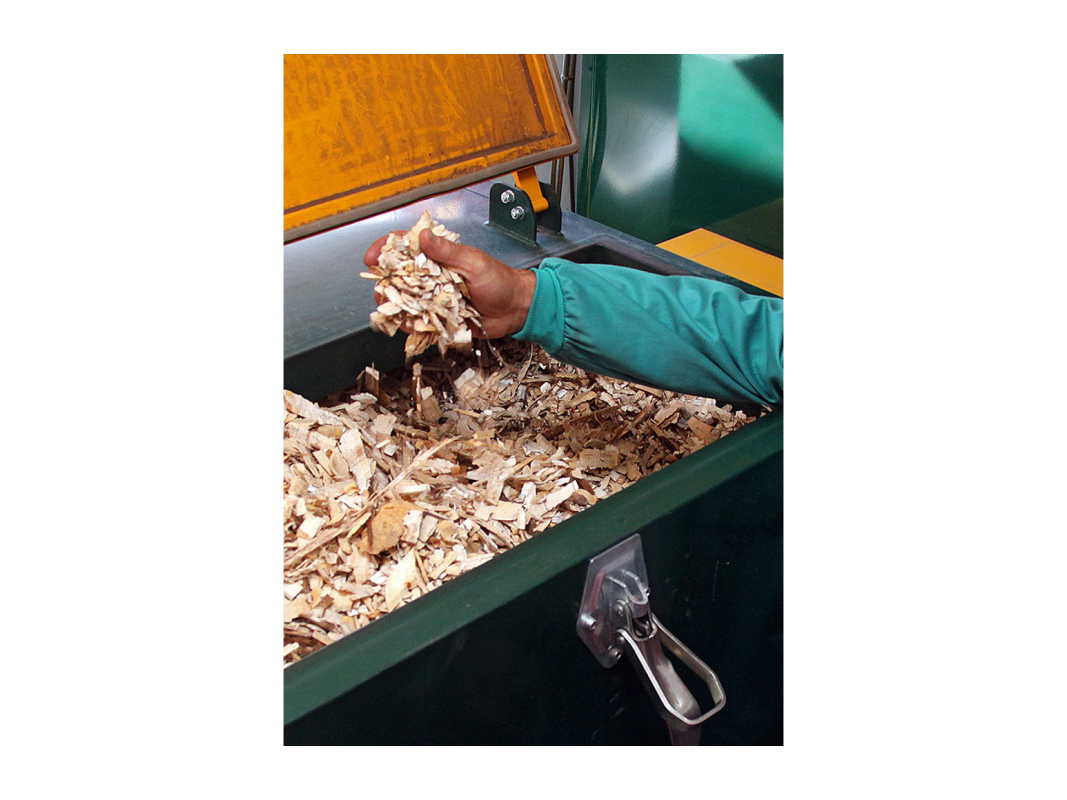The energy generated with wood chips and pellets, olive stone and other biomass allows to stop importing to Spaniards the equivalent of more than 1,2 million tons of oil (about 10 million barrels of oil).
In addition, it reduces the emissions of greenhouse gases caused by the use of fossil fuels such as diesel or natural gas.
The use of biomass as a source of thermal energy prevented in 2017 the emission of 3,8 million tons of CO2 in Spain, thus contributing to the reduction of greenhouse gases equivalent to the pollution produced by 2,6 million vehicles during a year.
Despite these benefits, biomass has an uneven degree of implementation in the different autonomous communities, highlighting its development in those with the greatest environmental commitment, in which they are concerned with the maintenance of rural employment and the revitalization of local economies and, above all, in those who have realized the significant economic savings that it entails for families, companies and administrations.
For example, in Castilla y León the high thermal demand during the winter months has meant that individual biomass boilers proliferate considerably among the rural population. With 37.003 facilities (compared to 1.971 a decade ago), it is the second community, second only to Andalusia (with 64.306), in which the number of stoves in independent homes is very high, and ahead of Catalonia, with 22.731 Stoves and boilers in operation.
